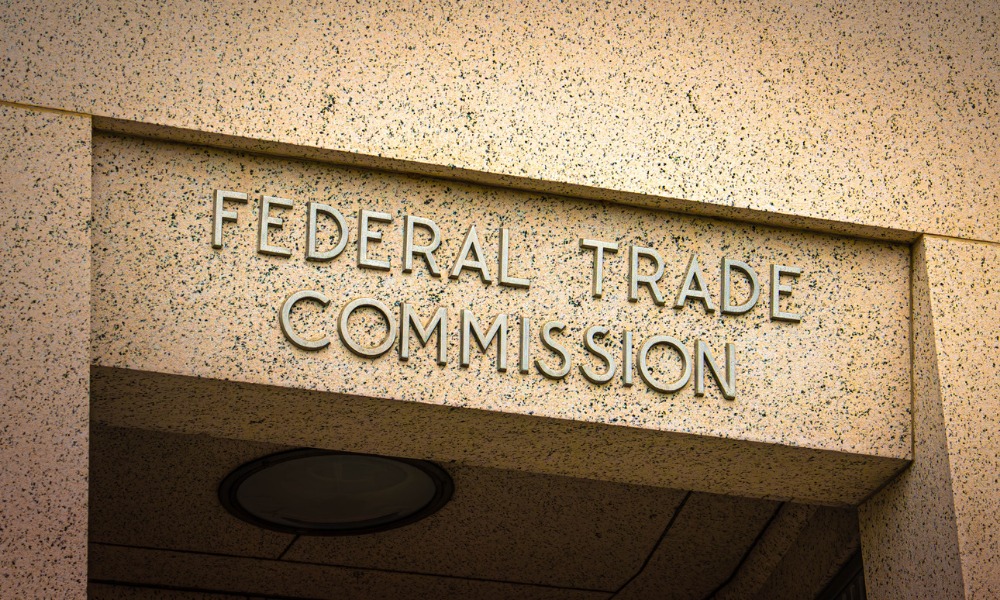Public outrage over the collapse of Thomas Cook has revived calls to rein in executive pay and bonuses

The collapse of Thomas Cook, the world’s oldest travel firm, not only left 150,000 customers stranded overseas – it also left the future of 21,000 employees hanging in the balance.
As investigations into the company’s finances continue, reports have come to light over the significant sum top executives were raking in as the tour operator fell into liquidation.
Payout by the millions
In the past decade, directors at Thomas Cook reportedly collected a total of £47M, or nearly US$58M, in executive pay and bonuses – according to The Telegraph.
CEO Peter Fankhauser received a total of £8.3M since leading the company in 2014. Bill Scott and Michael Healy, who served as finance chiefs, collected £7M in total while non-executive directors supposedly took home £4M.
For five years, executives saw payouts that amounted to more than £20M – even amid signs of a potential financial disaster at the firm, The Telegraph reported.
The Insolvency Service of the UK government is now investigating the circumstances that led to the implosion, including claims of financial mismanagement among senior executives.
READ MORE: CEO pay: How much is too much?
Demanding payback
Public outrage over the collapse has revived calls to rein in executive pay and bonuses, especially in organisations that run the risk of insolvency and require a lifeline through taxpayers’ money.
A growing number of voices – from government leaders to employees and customers – is demanding restitution through the return of millions in executive bonuses.
But while the idea of a payback appears strenuous against the backdrop of a liquidation process, as in the case of Thomas Cook, the disaster sparks a wider debate over whether executives should immediately pay back their bonuses in a period of tumult.
Bonus criteria, clawbacks and penalties
Executive bonus schemes are designed to attract and retain industry leaders, but some organisations also implement checks on the system – ranging from stricter bonus criteria to clawback schemes and penalties – to ensure the reward is paid out only for the right reasons.
Raising the bar high for corporate leaders to win their bonuses ideally creates an environment of innovation, transparency and hard work among the top brass.
Disney, for example, restructured its incentive scheme for CEO Bob Iger in 2018.
Amid backlash from shareholders over Iger’s US$100m equity grant, the company paid Iger only the first $25m while raising his targets. The CEO can only collect the rest of the equity grant by 2021 if Disney’s total shareholder return performs better than 65% of the S&P 500.
After the 2008 financial crisis, bank regulators also toughened their stance against skyrocketing executive bonuses on Wall Street by introducing more stringent clawback policies.
Clawbacks and their corresponding penalties require executives to reimburse the cash or return the shares and other assets they have received as a bonus if a revaluation of their performance proves they have fallen short of their target; the company’s performance has declined; or the executive has been found guilty of misconduct. The clawback provision, however, has to be stated in the executive employment contract.
In the case of Thomas Cook, directors face the possibility of being penalised and having part of their bonuses rescinded if the official receiver who oversees the liquidation is able to “overturn a range of transactions made prior to the liquidation, which includes things like bonuses,” according to the UK’s transport secretary Grant Shapps.
Reining in executive pay and bonuses
Since 1978, CEO compensation has grown 940% while the average worker’s wage has increased only 12% throughout the same period, the Economic Policy Institute (EPI) reports.
As bonuses form a significant portion of CEO compensation, measures to regulate payout are embedded within corporate governance strategies.
“Increasing CEO pay is not actually linked to an increase in the value of CEOs’ work; instead, it is more likely to reflect CEOs’ close ties with the corporate board members who set their pay,” writes the EPI in a report.
“Policies should be passed that boost both the incentive for and the ability of shareholders to exercise greater control over excess CEO pay. Tax policy that penalises corporations for excess CEO-to-worker pay ratios can boost incentives for shareholders to restrain excess pay.”








